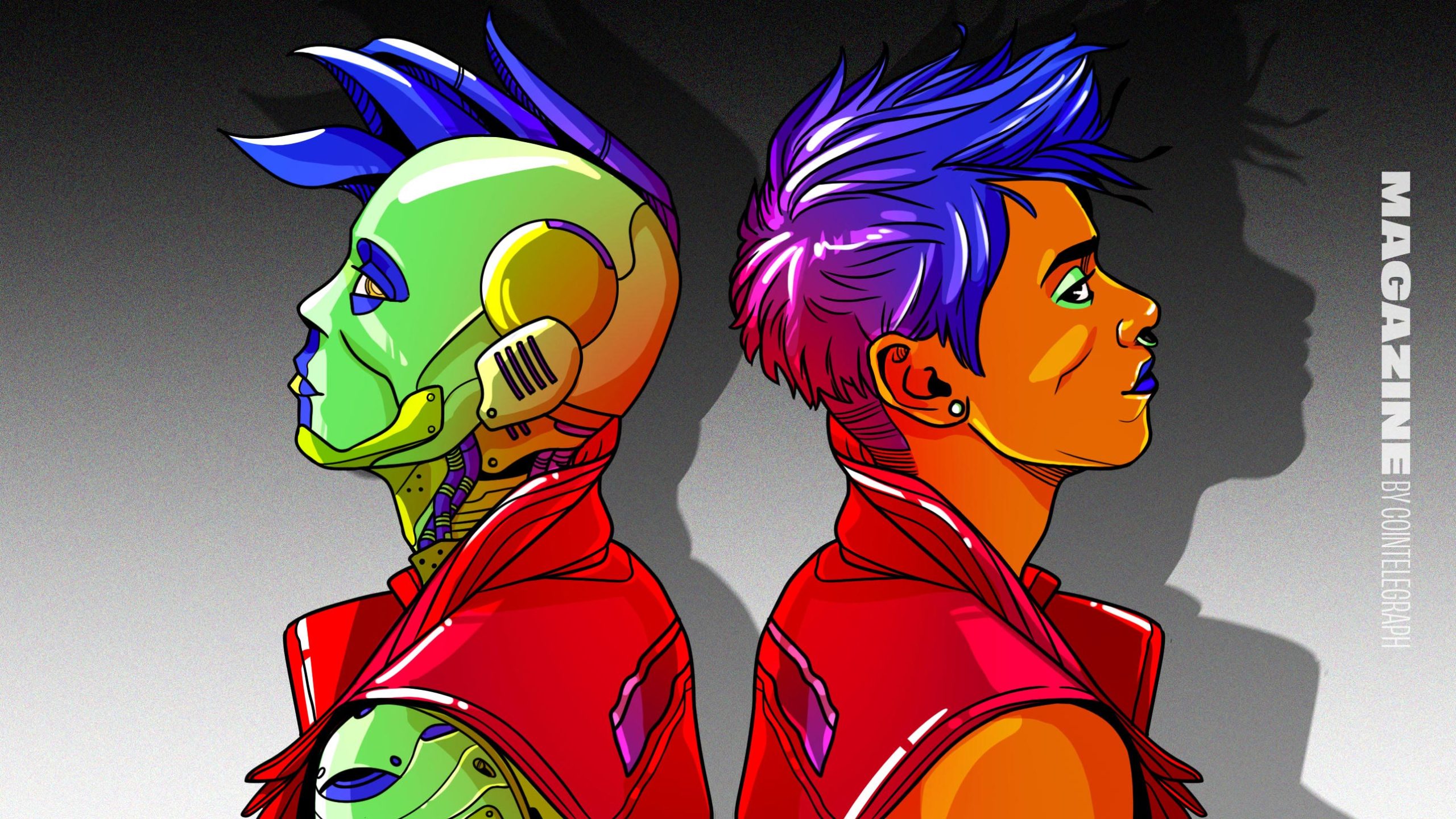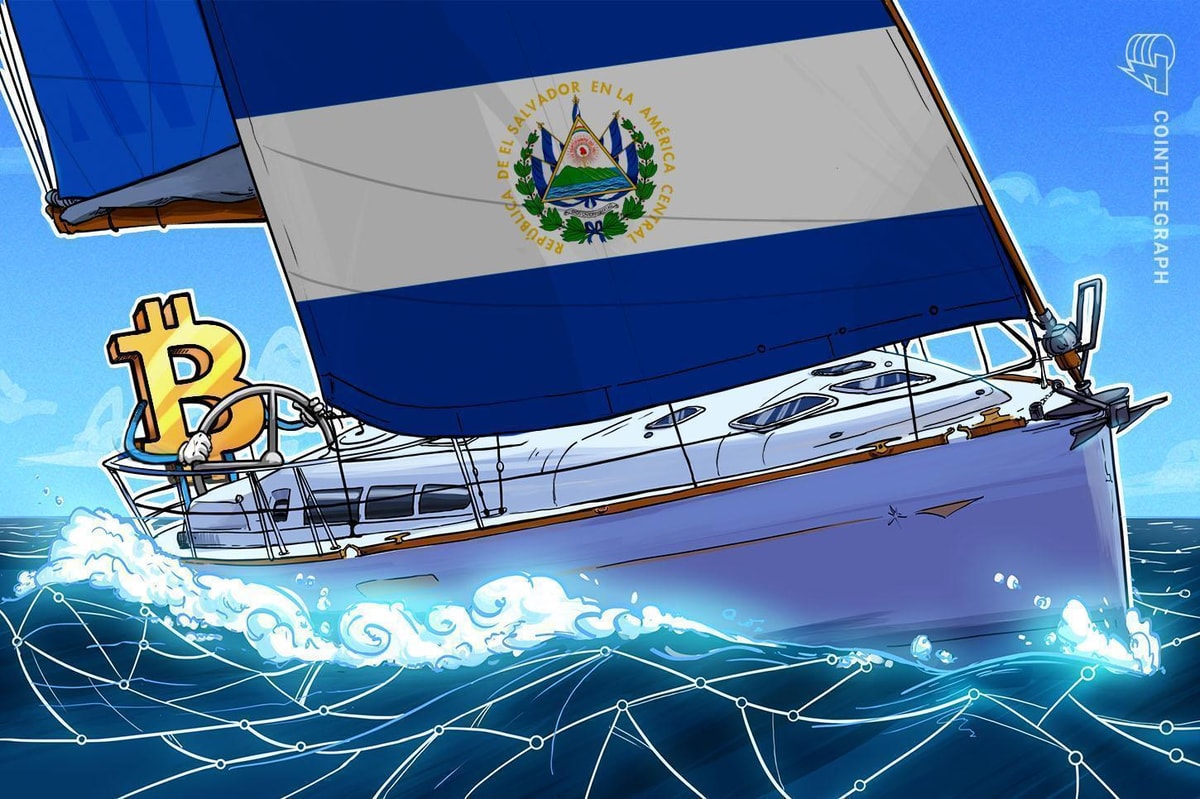“Stamps,” “ships” and “cards”
While Reddit may be one of the biggest recent successes in NFT marketing, it isn’t the only brand leveraging a strategy of simplification.
Starbucks calling its NFTs “stamps” is a move to make the tech much more palatable, as is calling various opportunities to collect the stamps “journeys.” Based on which journey is completed, a customer will receive a NFT assigned a point value with respect to rarity.
In an investor conference at the time of launch, Brady Brewer, Starbucks’ chief marketing officer, explained the choice of terminology:
“[Many] customers will not even understand that they are working on the blockchain or with NFTs because Starbucks is easy and accessible for everyone. That is what we’re trying to do with this…making leading-edge technologies accessible to all of our customers and deepening their love and engagement with Starbucks.” Starbucks declined to provide additional comments for the story.
For its Star Trek NFT marketplace, Paramount consciously stayed away from using crypto-based language because it would be a distraction from the value the company was trying to deliver, said Doug Rosen, senior VP of games and emerging media at Paramount. The NFT collectibles are referred to as “ships,” and the rest of the marketplace contains very few allusions to anything blockchain related.
“Every design decision, everything we brought in from how we talk about the ships, how we talk about some of the game mechanics we’re building into it, the idea of “calling all captains”—which was the big marketing hook at the beginning— was really just about making it approachable,” Rosen said.
Sorare has made similar efforts in the sporting world. The platform teams with professional sports organizations, such as the NBA and MLB, to offer an NFT-based fantasy game, but its assets both resemble and are referred to as “digital cards.” To this end, Michael Meltzer, head of business development, does not consider Sorare an NFT company at all, but rather a sports company that happens to use NFT infrastructure.
“A lot of people talk about NFTs as if it’s a single market or category, but in reality it’s simply an underlying technology that enables all kinds of different products and use cases,” he said.
Read More: news.google.com









 Bitcoin
Bitcoin  Ethereum
Ethereum  Tether
Tether  XRP
XRP  Solana
Solana  USDC
USDC  Dogecoin
Dogecoin  Cardano
Cardano  TRON
TRON  Lido Staked Ether
Lido Staked Ether  Wrapped Bitcoin
Wrapped Bitcoin  Sui
Sui  Chainlink
Chainlink  Wrapped stETH
Wrapped stETH  Avalanche
Avalanche  Stellar
Stellar  Shiba Inu
Shiba Inu  Hedera
Hedera  Toncoin
Toncoin  Pi Network
Pi Network  Hyperliquid
Hyperliquid  Bitcoin Cash
Bitcoin Cash  USDS
USDS  Polkadot
Polkadot  LEO Token
LEO Token  Litecoin
Litecoin  WETH
WETH  Monero
Monero  Wrapped eETH
Wrapped eETH  Bitget Token
Bitget Token  Pepe
Pepe  Binance Bridged USDT (BNB Smart Chain)
Binance Bridged USDT (BNB Smart Chain)  Coinbase Wrapped BTC
Coinbase Wrapped BTC  Ethena USDe
Ethena USDe  WhiteBIT Coin
WhiteBIT Coin  Uniswap
Uniswap  Bittensor
Bittensor  NEAR Protocol
NEAR Protocol  Aptos
Aptos  Dai
Dai  Aave
Aave  OKB
OKB  Ondo
Ondo  Ethereum Classic
Ethereum Classic  Internet Computer
Internet Computer  BlackRock USD Institutional Digital Liquidity Fund
BlackRock USD Institutional Digital Liquidity Fund  Cronos
Cronos  sUSDS
sUSDS  Official Trump
Official Trump